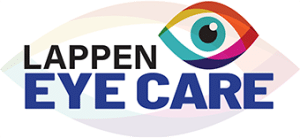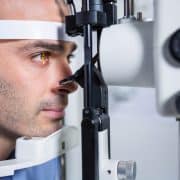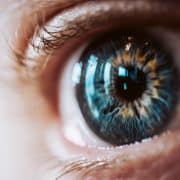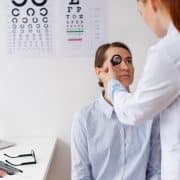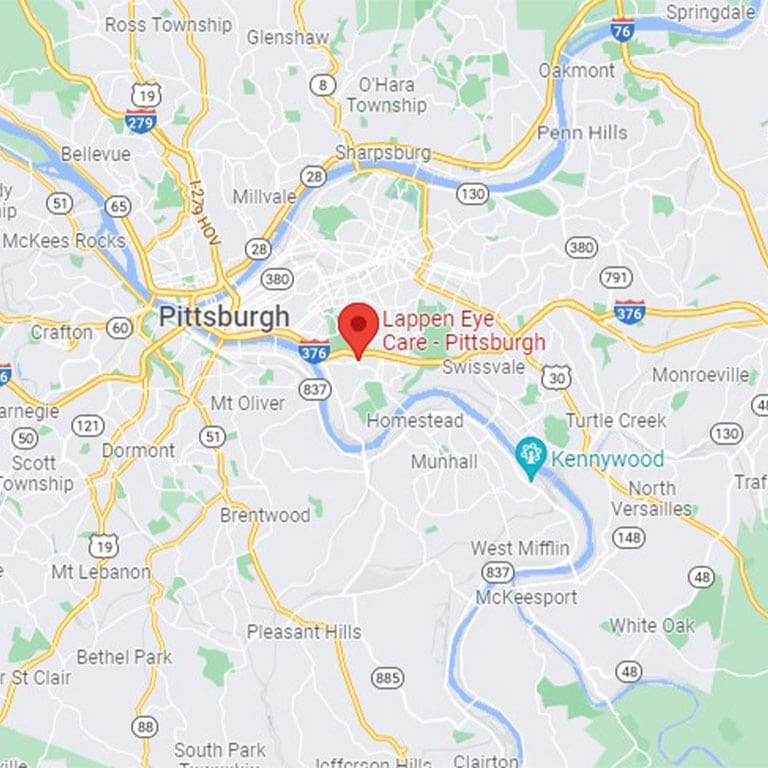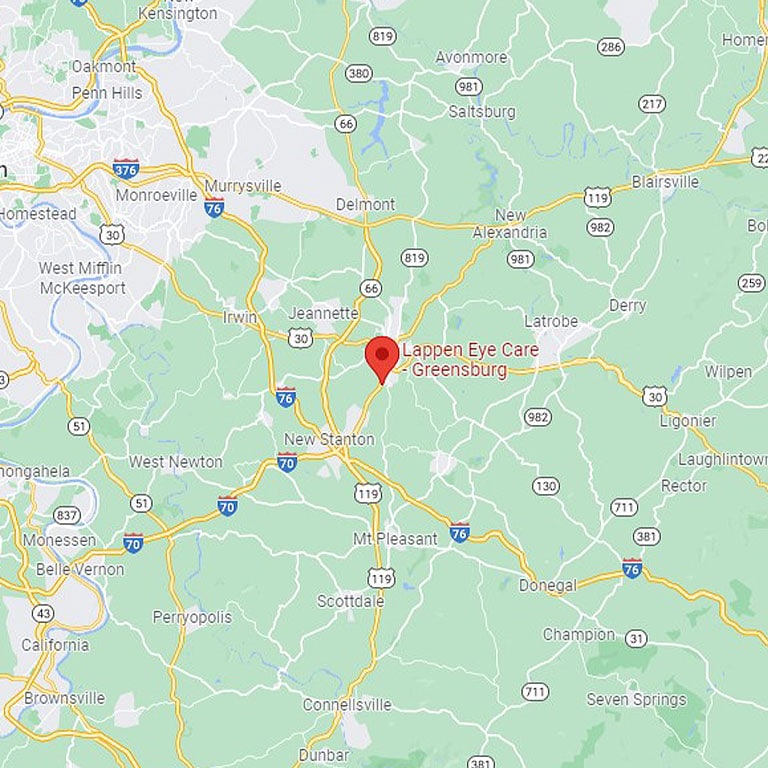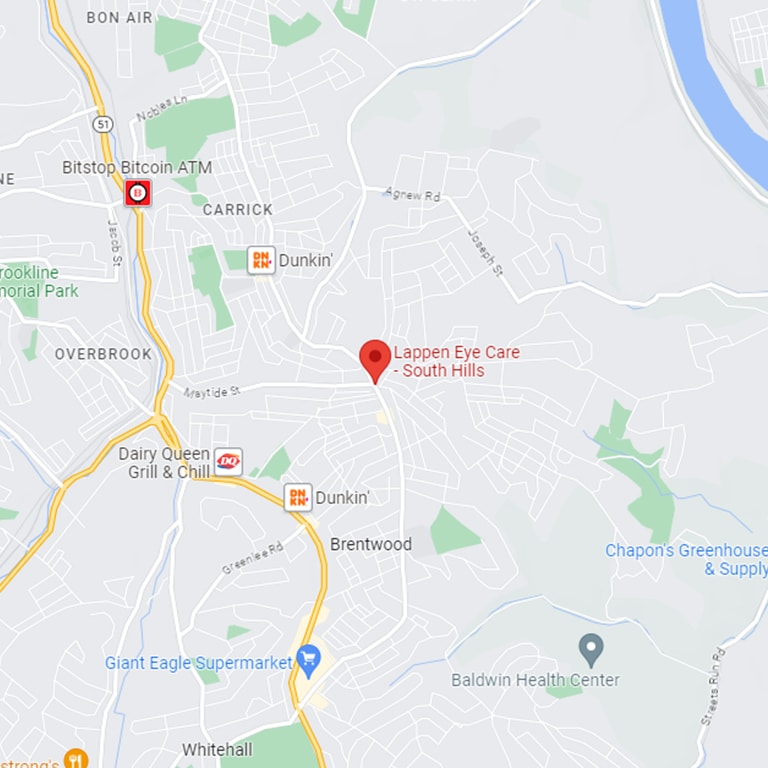What Are the Risk Factors for Glaucoma?
Have you been experiencing pressure or pain in one or both eyes? This may indicate that you have glaucoma, a common eye disease. Having this condition diagnosed early and managed can help protect your vision. At Lappen Eye Care, our optometrists in Pittsburgh, PA, offer testing and treatment for this disease. Let’s explore some of the risk factors that may raise your chance of developing glaucoma!
Your Age
Your risk of having this disease goes up as you get older, especially if you have other risk factors. Glaucoma tends to occur in people who are at least 40 years old. Being checked for this disease during your routine exams helps us look for signs of it early.
Being Nearsighted or Farsighted
Do you wear glasses or contacts to correct your vision? Farsightedness and nearsightedness can raise your risk of having different types of glaucoma.
Underlying Medical Conditions
Have you been diagnosed with any chronic medical diseases? Certain conditions, like diabetes and high blood pressure, are linked to increased risks of having glaucoma. Managing these diseases may help reduce those risks.
Family History of Glaucoma
Does this eye disease run in your family? Having a parent or other close relatives with glaucoma is associated with a higher chance of having this condition. We’ll ask you about your family history during your visit to assess your risk.
Set Up an Appointment With Our Pittsburgh Eye Doctors!
Do you have a higher risk of glaucoma? Our optometrists at Lappen Eye Care can test you for this eye disease and recommend treatment if needed. We provide glaucoma treatment in Pittsburgh, PA, at our locations in McMurray, South Hills, Greensburg, and the South Side area.

